Professional racing coaches are essential in select drag racing, offering strategic guidance beyond basic driving techniques. They enhance performance through hands-on instruction, safety, precision, and speed, preparing drivers for high-pressure events. With a blend of technical expertise, tactical thinking, and mentorship, these coaches help break world records and optimize vehicle boundaries. Choosing the right coach with select drag racing expertise is crucial for personalized training and strategic decision-making, fostering trust and collaboration. Measuring success through data analysis and continuous learning ensures ongoing improvement in select drag racing.
Professional racing coaches play a pivotal role in enhancing performance and driving success in drag racing. This article delves into the essential functions and skills required of these experts, offering insights into why selecting the right coach is crucial for any aspiring or seasoned drag racer. From personalized coaching styles to building trust, we explore strategies that contribute to improved times and victories on the track. Understanding these aspects can help racers make informed decisions when choosing a mentor to take their skills to the next level.
- Understanding the Role of Professional Racing Coaches
- Skills and Qualifications for Drag Racing Coaches
- The Impact on Performance: Why Select a Coach
- Coaching Styles: Individualized Approaches to Drag Racing
- Building Trust: The Coach-Driver Relationship
- Measuring Success: Evaluating a Coach's Effectiveness
Understanding the Role of Professional Racing Coaches
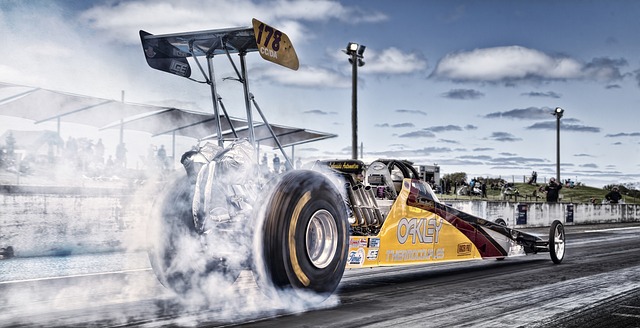
Professional racing coaches play a pivotal role in the world of high-performance automotive events, especially in select drag racing. These experts are not just trainers; they are mentors who guide drivers to reach their full potential and navigate the challenges unique to drag strips. Beyond teaching driving techniques, these coaches impart crucial knowledge about crash avoidance tactics, tire choices for drag strips, and the intricacies of track dynamics.
By combining strategic planning with hands-on instruction, professional racing coaches enhance participants’ performance in competitive settings. They foster an environment that encourages continuous learning, emphasizing safety, precision, and speed. Through their guidance, drivers not only refine their skills but also gain a deeper understanding of the sport, ultimately elevating their experiences in high-pressure situations, such as time trials and eliminations rounds.
Skills and Qualifications for Drag Racing Coaches
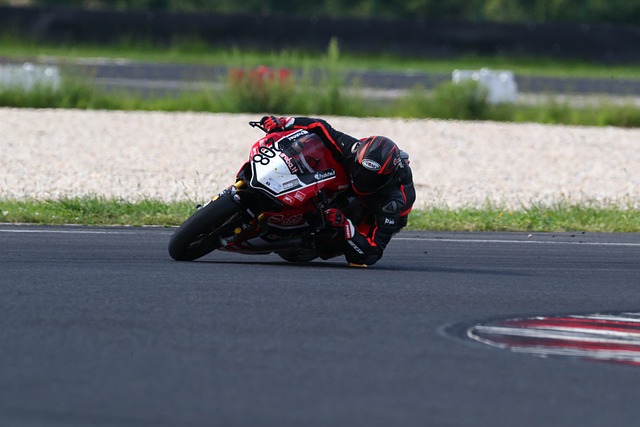
Professional drag racing coaches play a pivotal role in honing drivers’ skills and steering them towards achieving exceptional world record drag times. To excel in this high-octane environment, coaches must possess an array of qualifications and expertise. Firstly, a deep understanding of drag racing techniques 101 is essential, encompassing knowledge of vehicle dynamics, track conditions, and the unique challenges of various drag strips.
Additionally, they should be adept at analyzing driver performance, identifying areas for improvement, and implementing strategic adjustments to refine driving styles. Beyond technical proficiency, effective communication skills are paramount as coaches must clearly convey instructions and provide real-time feedback during races. This demanding role requires a blend of technical know-how, tactical thinking, and the ability to motivate and mentor drivers, ultimately contributing to their success in high-performance automotive events.
The Impact on Performance: Why Select a Coach

Choosing a professional racing coach can significantly impact a driver’s performance in drag events. A skilled coach brings a wealth of knowledge and experience, tailored to the specific needs of the driver and their vehicle. They help refine techniques, optimize strategies, and push the boundaries of speed and accuracy. By selecting a coach, drivers gain access to advanced training methods, including high-speed camera tech in drag racing that provides valuable insights into performance.
The decision to work with a coach is crucial for those involved in vintage drag car restoration or nitro-fueled drag bike records attempts. A good coach understands the unique challenges and historical nuances of these endeavors, offering guidance that goes beyond modern race cars. They foster a culture of continuous improvement, ensuring drivers not only meet but exceed their goals, whether it’s achieving personal bests or navigating complex restoration projects.
Coaching Styles: Individualized Approaches to Drag Racing
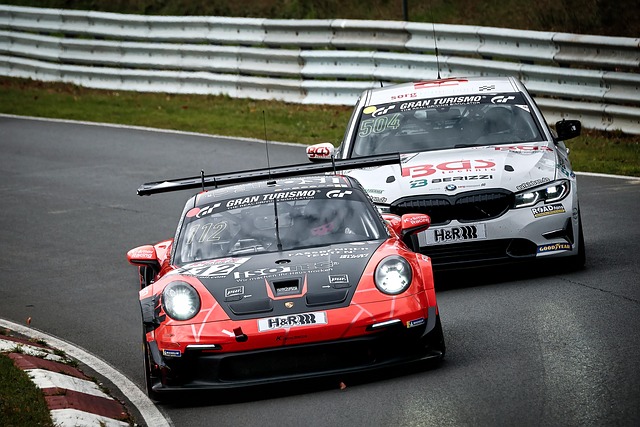
Professional racing coaches play a pivotal role in shaping the skills and performances of drag racers, tailoring their approaches to match individual needs. Unlike a one-size-fits-all methodology, successful coaches recognize that every driver is unique, with distinct learning styles and vehicle preferences. For instance, some racers thrive in the challenge of modifying and tuning their own cars, while others prefer a more hands-off approach, relying on the coach’s expertise to fine-tune their skills.
When it comes to select drag racing—a thrilling sport that tests both mental acuity and mechanical prowess—coaches adapt their strategies accordingly. They might focus on refining driving techniques specific to best drag strips near me, understanding the unique characteristics of different tracks. Additionally, coaches educate racers about drag racing penalties and rules, ensuring compliance and maximizing performance within the sport’s framework. The goal is not just to teach driving skills but also to nurture a deep understanding of select drag racing cars, enabling racers to make informed decisions that can propel them towards victory on the track.
Building Trust: The Coach-Driver Relationship
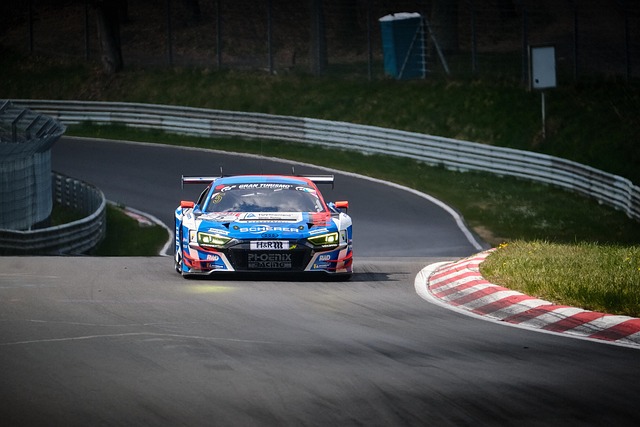
Building trust is paramount in the world of professional racing, and the relationship between a coach and driver is akin to a symphony where every note must resonate in harmony. In select drag racing, this bond is intensified by the intense nature of the sport. Coaches, acting as navigators through the labyrinthine mechanics of high-performance cars like nitro-fueled drag bikes, must earn the trust of their drivers. This starts with open communication and a deep understanding of the driver’s goals and fears. A coach who can demystify the complex hydraulics for drag cars and provide clear strategies can foster this trust.
The dynamic between coach and driver evolves over time, from mentorship to partnership. As they break down records in select drag racing cars, this alliance strengthens. The driver begins to anticipate the coach’s suggestions, trusting not only their expertise but also their intuition. This mutual understanding enables them to push boundaries, continually improving their performance. Ultimately, the successful coach-driver relationship in select drag racing is a testament to collaboration, trust, and shared passion for the sport.
Measuring Success: Evaluating a Coach's Effectiveness
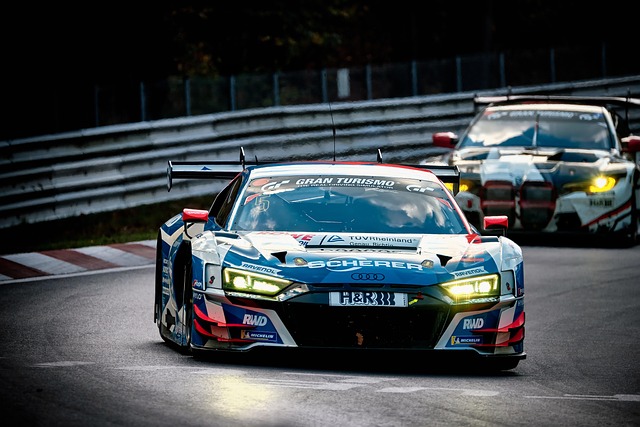
Measuring success is a critical aspect of evaluating a professional racing coach’s effectiveness. In select drag racing, where precision and timing are paramount, coaches must demonstrate their ability to enhance performance metrics consistently. This includes tracking and analyzing data from each race, such as reaction times, top speeds, and distance covered. By utilizing high-speed camera tech in drag races, coaches can identify areas for improvement, fine-tune strategies, and ultimately push the limits of speed records.
A successful coach will also foster a culture of continuous learning within their team. They should encourage open communication, regularly review race data with drivers, and adapt coaching methods based on performance trends. Additionally, drag racing sponsorship deals play a significant role in providing resources for advanced training tools and technology, further enabling coaches to optimize their charges’ abilities.
Professional racing coaches play an indispensable role in enhancing performance and achieving success in drag racing. By understanding the unique skills and qualifications required, drivers can make informed decisions when selecting a coach tailored to their needs. The impact of effective coaching is profound, fostering trust and a collaborative environment that propels racers towards their goals. Ultimately, measuring success becomes easier with clear evaluation metrics, ensuring both driver and coach remain focused on continuous improvement in the world of drag racing. When choosing a coach for select drag racing, prioritizing individualized approaches and strong coach-driver relationships ensures optimal results.
